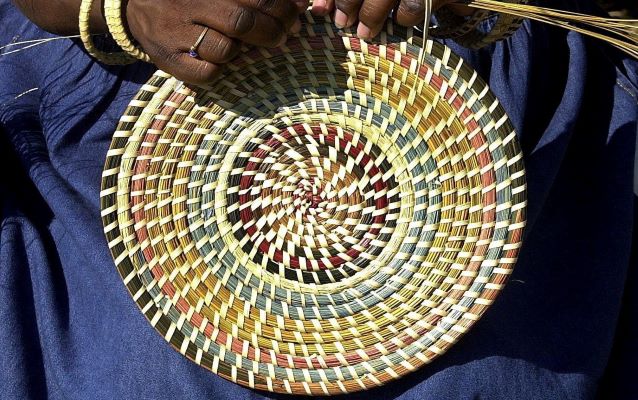Last updated: August 4, 2022
Place
Gullah Geechee Cultural Heritage Corridor

Diedre Laird Photo
Quick Facts
Location:
North Carolina, South Carolina, Georgia, Florida
Significance:
The Gullah Geechee Cultural Heritage Corridor serves to protect the culture of the region shaped by captive Africans brought to the United States.
Designation:
Cultural Heritage Corridor
The Gullah Geechee Cultural Heritage Corridor, and the federal Gullah Geechee Cultural Heritage Corridor Commission established to oversee it, were designated by an act of Congress on October 12, 2006 through the National Heritage Areas Act of 2006. The Corridor runs from Pender County North Carolina to St. John’s County Florida. The Gullah Geechee Cultural Heritage Corridor Commission is charged with helping to achieve the goals of the Corridor designation: to recognize, sustain, and celebrate the important contributions made to American culture and history by the Gullah Geechee; to assist state and local governments and public and private entities in South Carolina, Georgia, North Carolina, and Florida in interpreting the story of the Gullah Geechee and preserving Gullah Geechee folklore, arts, crafts, and music; and to assist in identifying and preserving sites, historical data, artifacts, and objects associated with Gullah Geechee people and culture for the benefit and education of the public.
This Heritage Area includes the following sites:
- Charles Pickney National Historical Site
- Fort Pulaski National Monument
- Cumberland Island National Seashore
- Fort Sumter and Fort Moultrie National Monument
- Historical Harrington School
- Pinpoint Heritage Museum
- McLeod Plantation
- Moores Creek National Battlefield
- Fort Mose Historic State Park
- Gullah Museum of Hilton Head Island
- Timucuan Ecological & Historic Preserve
